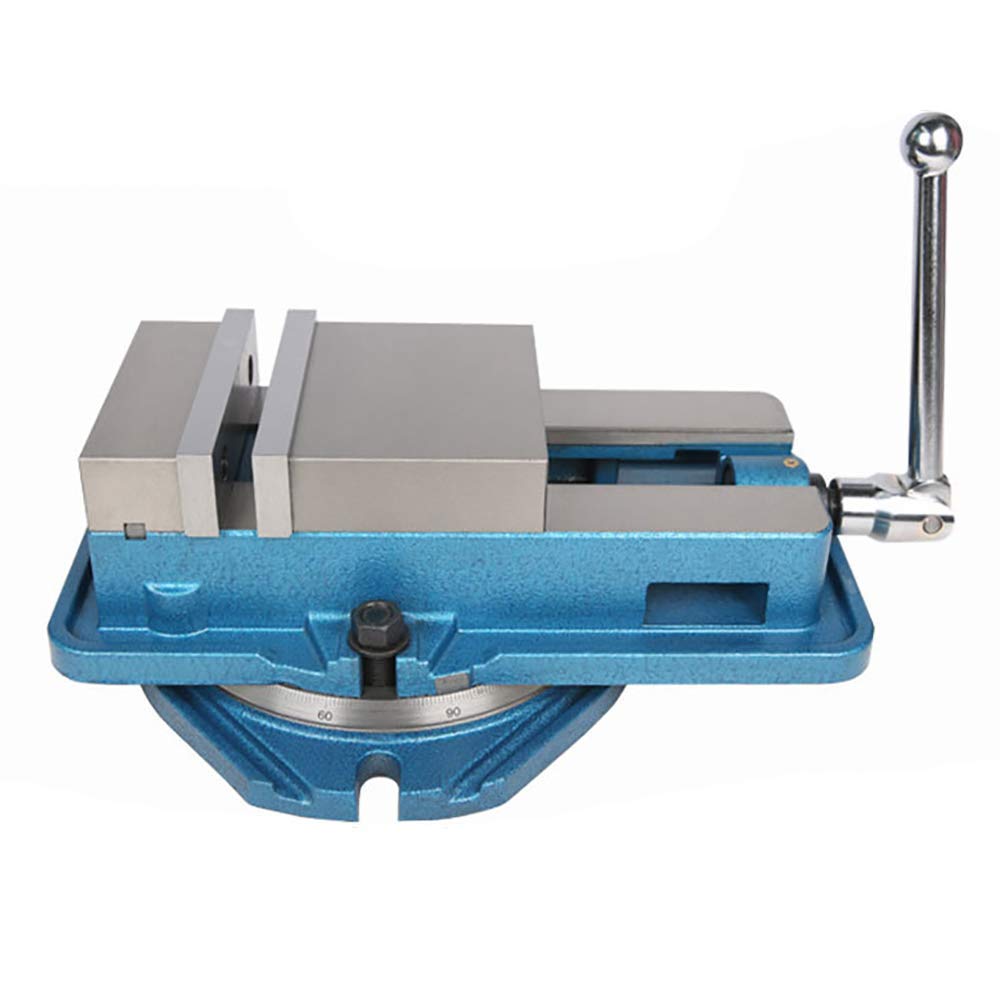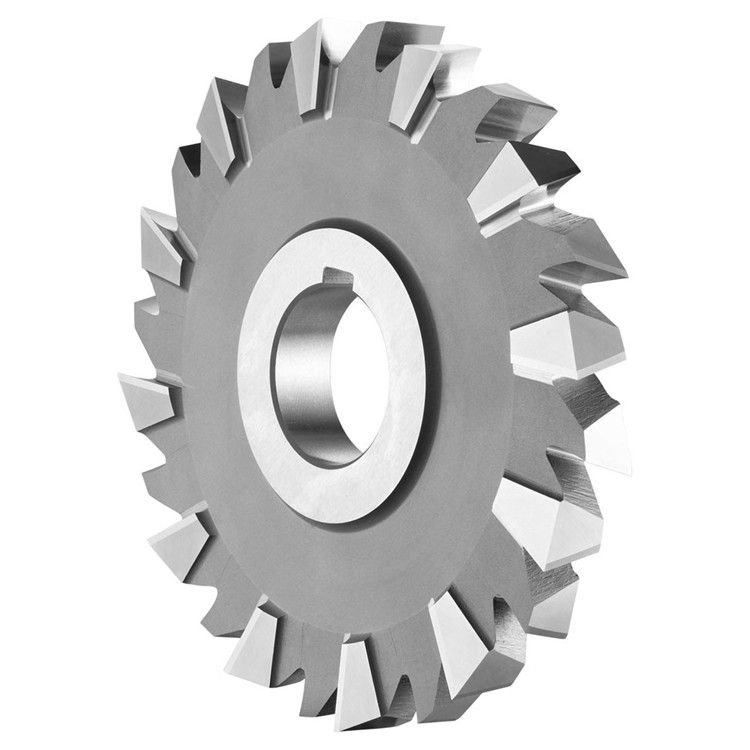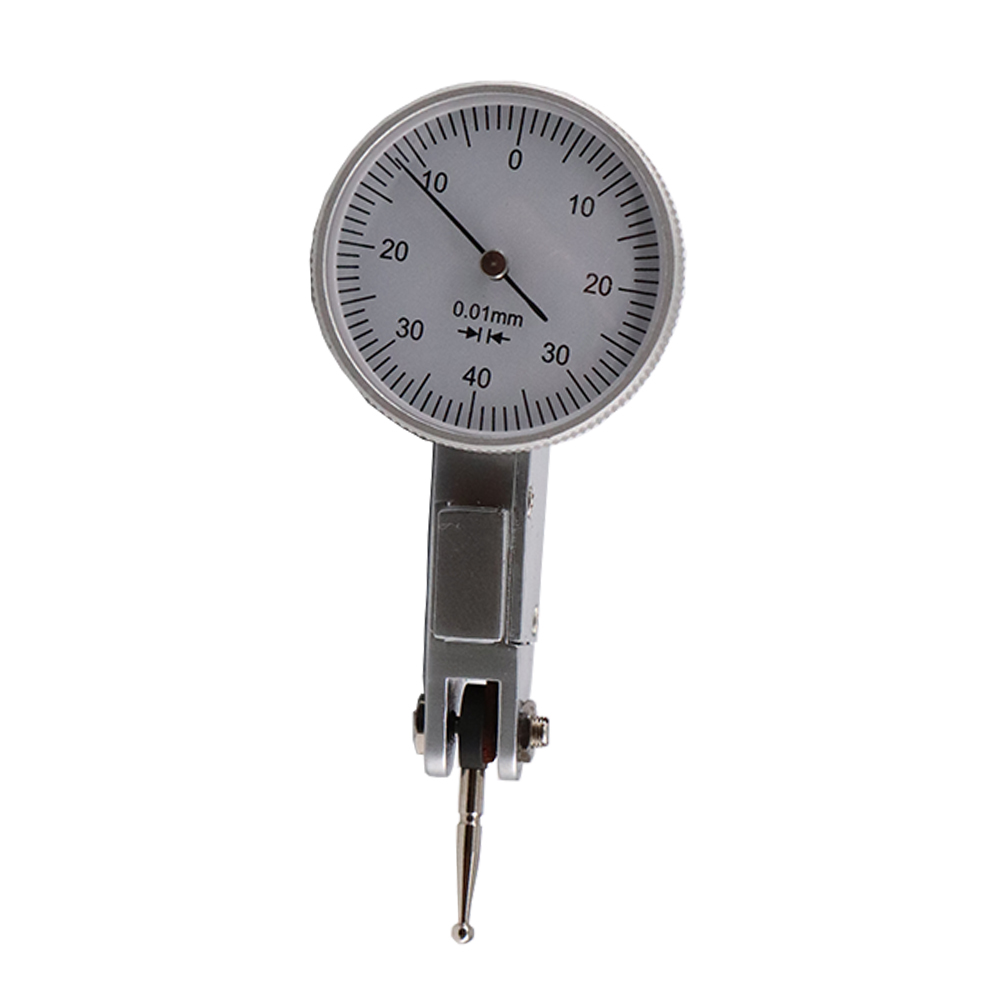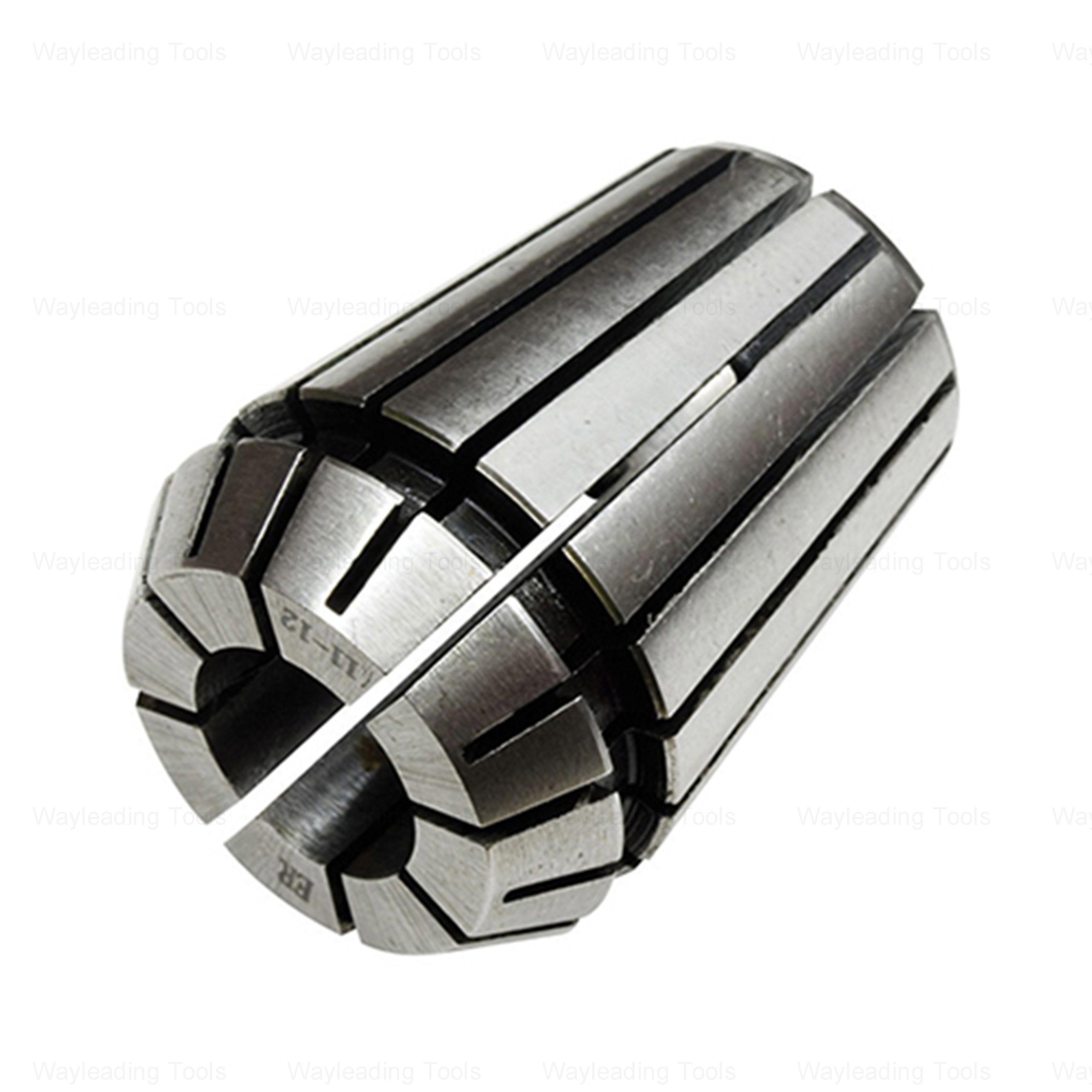lathe drill chuck Suppliers
Finding reliable lathe drill chuck suppliers can be a daunting task. This guide provides essential information on different types of drill chucks, key features to consider, and how to choose the right supplier for your specific needs. It also highlights crucial factors like material quality, precision, and compatibility to ensure optimal performance and longevity.
Understanding Lathe Drill Chucks
A lathe drill chuck is a specialized clamping device used on lathes to securely hold drills and other rotating tools. Unlike a standard drill chuck designed for hand drills, a lathe drill chuck is engineered for the higher precision and stability required in lathe operations.
Types of Lathe Drill Chucks
Several types of lathe drill chucks are available, each offering unique advantages for different applications:
- Keyed Drill Chucks: These chucks require a chuck key for tightening and loosening. They are known for their strong grip and are suitable for heavy-duty drilling.
- Keyless Drill Chucks: These chucks can be tightened and loosened by hand, offering convenience and speed. They are ideal for applications where frequent tool changes are required.
- Jacobs Taper Mount Chucks: These chucks feature a self-releasing taper mount, ensuring accurate alignment and easy installation on the lathe's tailstock.
- Integrated Shank Drill Chucks: These chucks have an integrated shank that fits directly into the lathe's spindle or tailstock, providing enhanced rigidity.
Key Features to Consider
When choosing a lathe drill chuck, consider the following features:
- Size and Capacity: Ensure the chuck's capacity matches the range of drill bit sizes you intend to use.
- Accuracy: Look for chucks with high Total Indicated Runout (TIR) values for precise drilling.
- Durability: Opt for chucks made from hardened steel or other durable materials to withstand the demands of lathe operations.
- Grip Strength: Choose a chuck with sufficient grip strength to prevent slippage, especially when working with hard materials.
- Mounting Style: Ensure the chuck's mounting style is compatible with your lathe's spindle or tailstock. Common mounting styles include threaded mounts, taper mounts (Jacobs taper), and camlock mounts.
Finding Reliable Lathe Drill Chuck Suppliers
Sourcing from reputable lathe drill chuck suppliers is crucial for ensuring the quality and reliability of your tooling. Here's how to find the right supplier:
Researching Potential Suppliers
Start by researching potential suppliers online. Look for companies with a strong reputation, a wide product range, and positive customer reviews. Companies like Wayleading Tools specialize in providing high-quality lathe tools and accessories.
Checking Supplier Certifications and Standards
Ensure that the supplier adheres to relevant industry standards and certifications, such as ISO 9001 for quality management. This indicates a commitment to consistent product quality and manufacturing processes.
Requesting Quotes and Samples
Request quotes from multiple suppliers and compare prices, lead times, and shipping costs. If possible, request samples to evaluate the quality of the chuck firsthand. Check the surface finishing and overall build quality.
Evaluating Customer Service and Support
Assess the supplier's customer service and technical support. A reliable supplier should be responsive to inquiries, provide technical assistance, and offer after-sales support.
Top Lathe Drill Chuck Suppliers (Examples)
Here are some examples of well-regarded lathe drill chuck suppliers:
- R?hm GmbH: A German manufacturer known for high-precision chucks and clamping technology.
- Kitagawa NorthTech, Inc.: Specializes in chucks and rotary tables for machine tools.
- SMW Autoblok: Offers a wide range of chucks and automation solutions for turning and milling applications.
- Wayleading Tools: A professional supplier of metal cutting tools, including lathe drill chucks and accessories.
Factors Affecting Lathe Drill Chuck Performance
Several factors can influence the performance of a lathe drill chuck:
- Material Quality: High-quality materials, such as hardened steel, ensure durability and longevity.
- Manufacturing Precision: Precise manufacturing processes result in accurate and reliable chucks.
- Proper Maintenance: Regular cleaning and lubrication are essential for maintaining optimal performance.
- Correct Usage: Using the chuck within its specified capacity and following the manufacturer's instructions are crucial.
Maintenance Tips for Lathe Drill Chucks
Proper maintenance can extend the life and improve the performance of your lathe drill chuck. Here are some tips:
- Regular Cleaning: Clean the chuck regularly to remove chips, dirt, and debris.
- Lubrication: Lubricate the chuck's moving parts with a suitable lubricant to reduce friction and wear.
- Inspection: Inspect the chuck regularly for signs of wear, damage, or corrosion.
- Storage: Store the chuck in a clean, dry place when not in use.
Troubleshooting Common Lathe Drill Chuck Issues
Here are some common issues that may arise with lathe drill chucks and how to troubleshoot them:
- Slippage: Ensure the chuck is tightened properly and that the drill bit is clean and dry. If slippage persists, the chuck jaws may be worn and need replacement.
- Vibration: Check that the chuck is properly mounted and balanced. Vibration can also be caused by worn bearings or loose components.
- Difficulty Tightening or Loosening: Clean and lubricate the chuck's moving parts. If the problem persists, the chuck may need repair or replacement.
Lathe Drill Chucks: Application Examples
Lathe drill chucks are used in a variety of applications, including:
- Drilling holes: Creating accurate holes in metal, wood, and plastic.
- Reaming holes: Enlarging and finishing existing holes to precise dimensions.
- Tapping holes: Creating threads inside holes for fasteners.
- Boring: Enlarging holes with a single-point cutting tool for increased accuracy and surface finish.
Choosing the Right Lathe Drill Chuck: A Summary
Selecting the appropriate lathe drill chuck involves careful consideration of your specific needs and requirements. Evaluate the type of chuck, key features, supplier reputation, and maintenance requirements to ensure optimal performance and longevity.
Lathe Drill Chuck Performance Comparison
The table below illustrates a performance comparison of different lathe drill chucks
| Chuck Type | Accuracy (TIR) | Grip Strength | Durability | Ease of Use |
|---|---|---|---|---|
| Keyed Drill Chuck | Good (0.003' - 0.005') | Excellent | High | Moderate |
| Keyless Drill Chuck | Moderate (0.005' - 0.008') | Good | Moderate | Excellent |
| Jacobs Taper Mount Chuck | Excellent (0.001' - 0.003') | Good | High | Moderate |
Note: TIR values are approximate and may vary depending on the specific chuck model and manufacturer.
By following this guide, you can confidently select the right lathe drill chuck from a reliable supplier and ensure optimal performance in your machining operations. You can also visit www.wayleading.com to view a comprehensive selection of high-quality drill chucks.
Related products
Related products
Best selling products
Best selling products-
 32 Blades Feeler Gauge From 0.04-0.88MM
32 Blades Feeler Gauge From 0.04-0.88MM -
 HSS Metric & Inch Dovetail End Mill With 45 And 60 Degree For Industrial
HSS Metric & Inch Dovetail End Mill With 45 And 60 Degree For Industrial -
 HSS Threading Taps – ISO 529, Straight Flute, Spiral Flute & Spiral Point
HSS Threading Taps – ISO 529, Straight Flute, Spiral Flute & Spiral Point -
 QM ACCU-Lock Precision Machine Vises With Swivel Base
QM ACCU-Lock Precision Machine Vises With Swivel Base -
 5C Hex Collet With Inch and Metric Size
5C Hex Collet With Inch and Metric Size -
 7pcs Carbide Turning Tool Set With Metric & Inch Size
7pcs Carbide Turning Tool Set With Metric & Inch Size -
 APKT Milling Insert For Indexable Milling Cutter
APKT Milling Insert For Indexable Milling Cutter -
 HSS Metric Plain Metal Slitting Saws For Industrial
HSS Metric Plain Metal Slitting Saws For Industrial -
 Straight Shank ER Collet Chuck Holders With Extending Rod
Straight Shank ER Collet Chuck Holders With Extending Rod -
 Precision Vernier Caliper With Nib Style & Standard Style Jaws Of Metric & Imperial For Industrial
Precision Vernier Caliper With Nib Style & Standard Style Jaws Of Metric & Imperial For Industrial -
 Dial Bore Guage From 6-450mm Range
Dial Bore Guage From 6-450mm Range -
 Plain Back ER Collet Fixture With Lathe Collet Chuck
Plain Back ER Collet Fixture With Lathe Collet Chuck
Related search
Related search- High-Quality milling gear cutter
- MDNN turning tool holder Suppliers
- AG55 threading insert Factory
- metal drill bit set Manufacturers
- parting insert Manufacturer
- Knurling Tools Manufacturers
- shell end mill arbor Manufacturer
- BT ER collet chuck Manufacturers
- High-Quality MCLN boring bar
- LDMT insert Manufacturer









